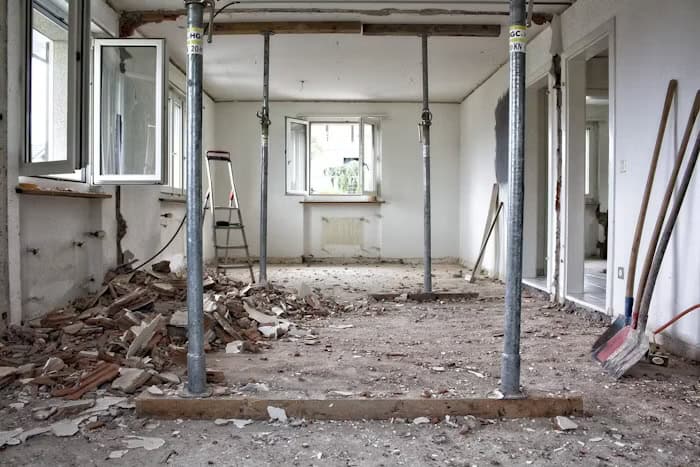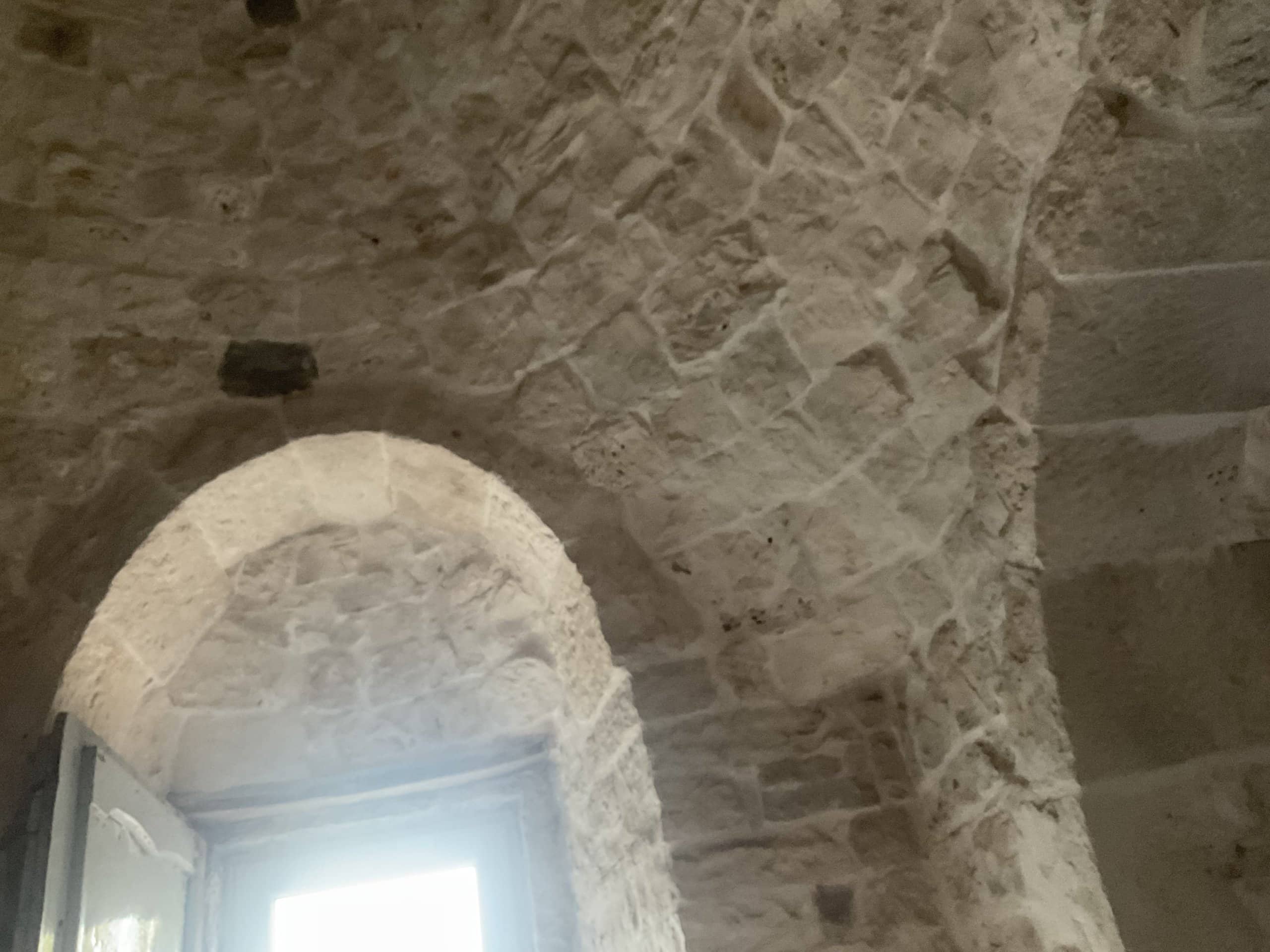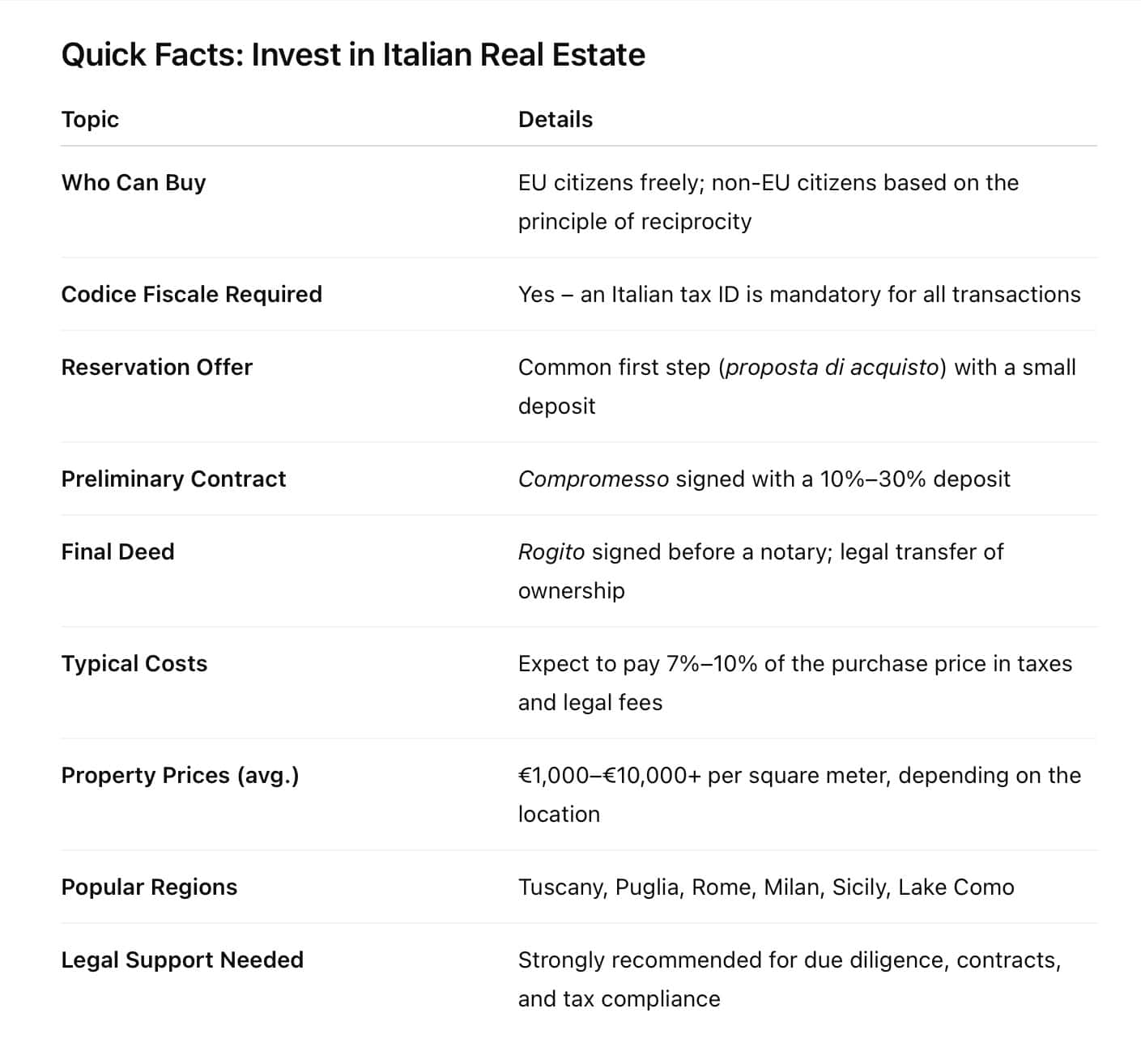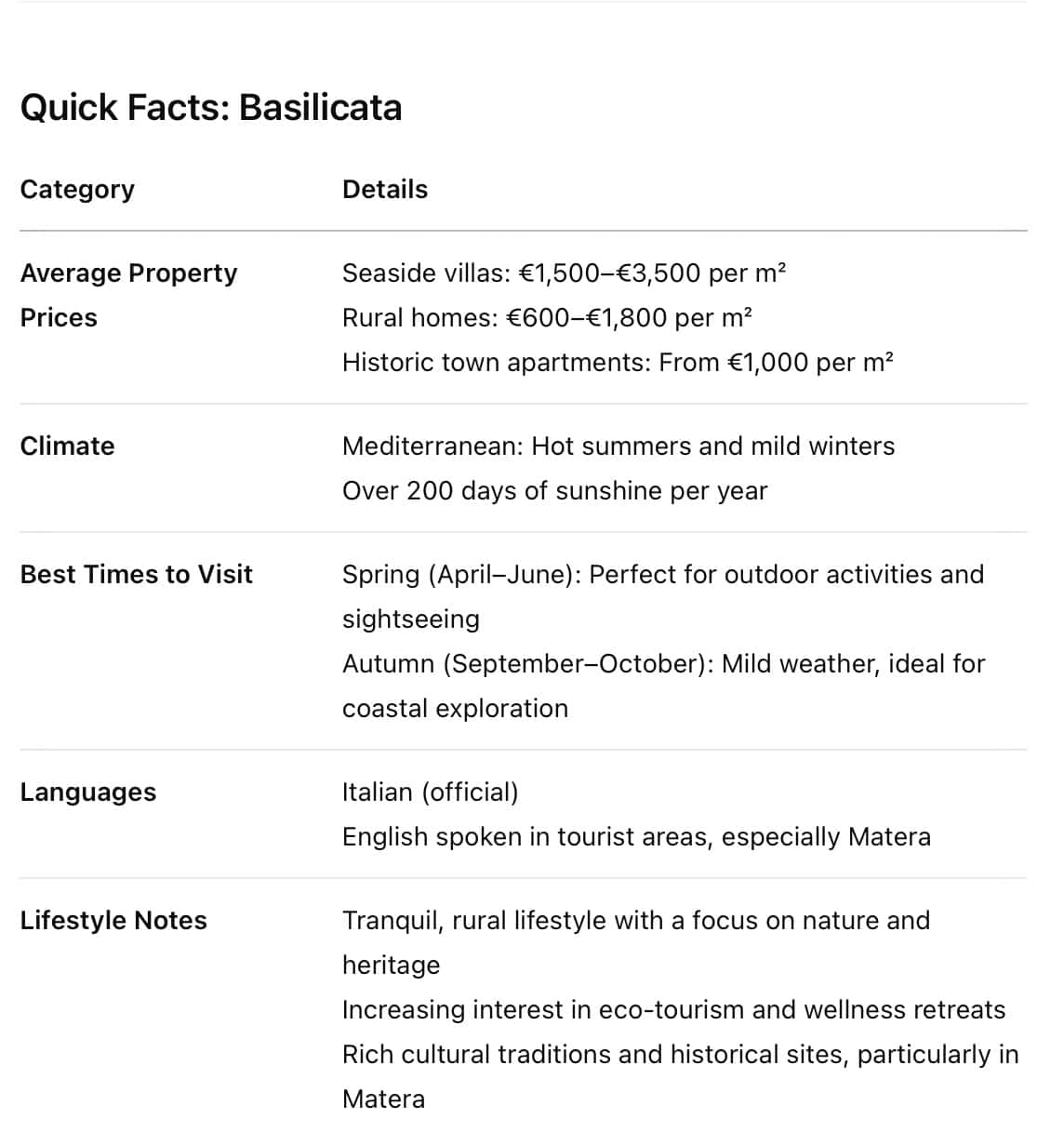Permesso di Costruire (Building Permit) in Italy
If you’re planning a major renovation, extension, or new construction in Italy, you’ll need a Permesso di Costruire — a full building permit that is essential for works that significantly alter a property’s structure or size.
This article explains what the Italian Permesso di Costruire is, when one is necessary, and how De Tullio Law Firm can guide you through Italy’s complex planning laws, helping you avoid costly mistakes and legal setbacks.
What Is a Permesso di Costruire?
The Permesso di Costruire, or Building Permit, is the most comprehensive type of construction authorization in Italy. It is mandatory for works that have a significant impact on the property’s size, structure, footprint, or intended use. Unlike CILA and SCIA, which are certified declarations, the permit must be formally approved by the local municipality before any work can begin.
The approval process is longer and more bureaucratic but ensures full compliance with zoning regulations, environmental protections, and building codes.
When Do You Need a Permesso di Costruire?
A Permesso di Costruire is legally required for all major construction or renovation projects, including:
New Construction
Example: Building a new house on a plot of land in rural Sicily.
Extensions and Elevations
Example: Adding a second storey or extending the footprint of a villa in Tuscany.
Changes to Building Volume or Shape
Example: Enclosing a terrace or constructing a new garage that alters the volume of the building.
Change of Use with Structural Modifications
Example: Converting an outhouse into a residential dwelling, including structural reinforcements and new utilities.
Urban Redevelopment Projects
Example: Demolishing an old building and constructing a modern house in its place.

When a Permesso di Costruire Is Not Necessary
You don’t need a Permesso di Costruire for minor works that don’t involve structural changes. In those cases, a CILA or SCIA may be more appropriate.
For example, replacing interior floors, updating bathrooms, or moving non-structural partitions typically falls under CILA.
Installing an elevator or altering a load-bearing wall might be handled with SCIA.
Knowing which permit applies is crucial — misfiling can lead to delays, fines, or forced demolition.
Legal Requirements and Documentation
Applying for a Permesso di Costruire involves an extensive application process and requires formal municipal approval. The application must be submitted by a licensed professional (engineer, architect, or surveyor) and include:
- Architectural Plans: Your technician prepares detailed drawings that illustrate both the existing structure and proposed changes.
- Planning Report: The professional explains how the project complies with local urban planning regulations.
- Proof of Ownership: You provide title deeds or obtain notarial authorisation if you’re not the sole owner.
- Environmental and Landscape Assessments (if applicable): Your team conducts required evaluations when building in protected areas or near heritage sites.
- Structural Calculations: A qualified engineer calculates and verifies the building’s safety according to applicable codes.
- Health & Safety Plan: The project manager outlines safety measures for any work involving a construction site.
Approval times vary, but it generally takes 60 to 90 days for the municipality to issue the permit. No work can begin before the permit is granted.
Legal Consequences of Building Without a Permesso di Costruire
Carrying out major works without a permit is a serious offence in Italy. Authorities can:
- Issue stop-work orders
- Impose substantial fines
- Demand demolition of unauthorised structures
- Block or annul property sales or inheritance transfers
Example: A homeowner in Puglia adds an unauthorised extension to their villa without a permit. When they attempt to sell, the notary refuses to proceed until the extension is either legalised (via sanatoria) or demolished.
How De Tullio Law Firm Can Help
At De Tullio Law Firm, we have six decades of experience guiding foreign buyers and property owners through Italy’s intricate real estate and construction laws. Here’s how we support your Permesso di Costruire process:
Project Feasibility Review
We can assess your renovation or construction goals and determine whether you need a Permesso di Costruire — or if a simpler procedure like SCIA or CILA may suffice.
Due Diligence and Zoning Analysis
Our legal team checks zoning laws, building restrictions, and local plans (Piano Regolatore) to ensure your project is legally viable.
Liaison with Local Authorities
We work directly with municipal offices and technical professionals to prepare and submit your application, reducing delays and ensuring accurate documentation.
Legalisation of Past Works
If you’ve inherited or purchased a property with unpermitted alterations, we can assist in filing a Permesso di Costruire in sanatoria, helping you avoid future legal trouble.
Finally …
A Permesso di Costruire is more than just a bureaucratic requirement — it is a vital legal safeguard that protects your investment, ensures compliance with Italian planning laws, and gives you peace of mind. Whether you’re building a dream home on the Amalfi Coast or extending a country house in Piemonte, the right legal guidance can make all the difference.
Contact De Tullio Law Firm today for a free consultation and let us help you build and renovate with confidence.
You may also like to download our Guide to Building and Renovating Property in Italy.








